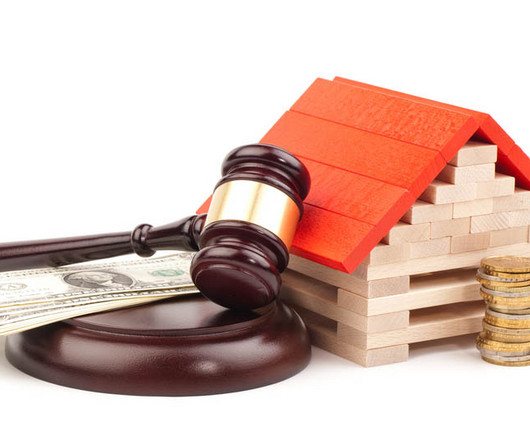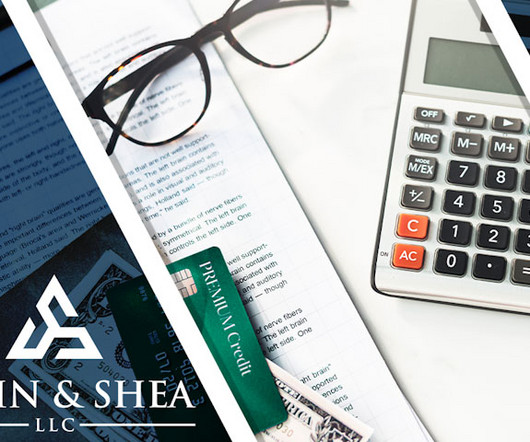Will a Bankruptcy Trustee Contact My Employer?
Sawin & Shea
NOVEMBER 15, 2022
In this blog, we discuss situations in which your employer will be notified about your bankruptcy, and we also cover whether or not you can be legally fired for declaring bankruptcy. Will My Employer Be Notified About My Bankruptcy? If a potential employer runs a background check, they’ll discover your bankruptcy.


















Let's personalize your content